Subtotal: $57.00
Sex, Desire & Attachment with Emily Nagoski, Ph.D. – EMILY NAGOSKI (Digital Seminar)
$219.00 $65.00
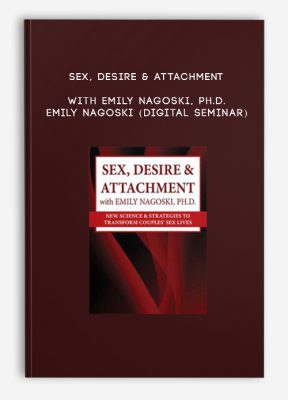
Sex, Desire & Attachment with Emily Nagoski, Ph.D. – EMILY NAGOSKI (Digital Seminar)
Sale Page
Archive Page
Get Sex, Desire & Attachment with Emily Nagoski, Ph.D. – EMILY NAGOSKI (Digital Seminar) on Salaedu.com
Description:
“Am I normal?”
The client’s refrain in the therapy room – over so many issues that arise during clinical sessions.
We’re taught how to discuss almost any topic with relative skill and comfort, but we leave the matters of sex, attachment and desire to the sex educators and experts.
No longer do you need to shift in your chair, or feel your face flush.
Join Emily Nagoski, PhD, author and sex education expert, in this recording and leave with NEW knowledge:
- The Body Arousal System – you’ll be amazed at what you don’t know!
- The Science of Attachment – from the sex and desire perspective
- Sex and The Trauma Survivor – the understanding and language you need to give the client
Emily Nagoski has been hailed by Sue Johnson, Ed.D, developer of Emotionally Focused Therapy as “a breath of fresh air in the sex and relationship field.”
John Gottman, PhD, praises her book Come As You Are as “the best book I have ever read about sexual desire and why some couples just stop having sex, and what they can do about it.”
Dr. Nagoski’s early career included interning at the highly regarded Kinsey Institute, and she currently travels internationally to speak on sex and desire to professionals and nonprofessionals alike. Her TED talks continue to receive accolades.
You’ll also walk away knowing:
- How to respond to lack of desire
- Ways to address feelings of anger & loneliness
- Strategies to help your clients reconnect sexually
- How to help your clients maintain strong & lasting sexual connections decades into their relationships
This one-day recording will give you the knowledge and skill to effectively help clients understand that their concerns over sexual normalcy are just that – normal. Some topics may lend themselves to comfortable clinical conversations – sex typically is not one of them, but you can do more and make improvements that signal to your client your willingness and knowledge to listen and guide them.
Don’t miss this rare training by a renowned expert in sex education designed for behavioral health clinicians like yourself. You’ll not regret how you spent the day – and your clients will thank you.
Outline:
Desire & the Brain
- Spontaneous vs. responsive desire
- What to do when there’s a mismatch
- Wanting vs. liking vs. learning
- Limitations of the research & potential risks
The Model of Sexual Response
- The brain’s sexual accelerator
- What hits the brakes?
- How the dual model influences sexual styles
- Context sensitivity of pleasure perceptions
- Help clients identify what influences their pleasure
Address Arousal Discrepancies
- Address the myth of body response
- The relationship between body & desire
- Consent in the age of #metoo & #timesup
- What actually predicts sexual satisfaction
Attachment & Trauma
- The dark side of attachment
- Attachment style & sex-life satisfaction
- Self-compassion for sexual trauma survivors
- Skills for sexual trauma survivors to release blame
Strategies to Enhance Sexual Desire
- Help clients identify their most pleasure-positive context
- Leverage the structure of sensations in the nervous system
- Expand client understanding of pleasure
- Mindfulness practices to enhance sensation
- Pain’s role in sexual desire & relationship satisfaction
Enhance Couples’ Sexual Well-Being
- Desire, frequency & what a “good sex life” looks like
- Delve into the precise nature & role of trust in an erotic connection
- Explore initiation style & communication skills
- Excavate myths about gender roles & sexual “shoulds”
- Address other sexual myths
Sexual Desire in Long-Term Relationships
- Predictors of a strong, lasting sexual connection
- “Show up to the party” metaphor
- The foundation of a strong sexual connection
- Address difficult feelings & space between partners
NLP online course
So what is NLP?
Firstly, NLP stands for Neuro-Linguistic Programming. Secondly neuro refers to your neurology;
Thirdly linguistic refers to language however, programming refers to how that neural language functions.
As a result,In other words, learning NLP is like learning the language of your own mind!
Moreover, NLP is the study of excellent communication–both with yourself, and with others.
It was developed by modeling excellent communicators and therapists who got results with their clients.
NLP is a set of tools and techniques, but it is so much more than that.
In conclusion, It is an attitude and a methodology of knowing how to achieve your goals and get results.
More Course: NLP – HYPNOSIS – PHILOSOPHY
Outstanding Course:David Snyder – Unlimited Lover 2014
1 review for Sex, Desire & Attachment with Emily Nagoski, Ph.D. – EMILY NAGOSKI (Digital Seminar)
Add a review Cancel reply
Related products
HYPNOSIS - NLP Courses
HYPNOSIS - NLP Courses
HYPNOSIS - NLP Courses
HYPNOSIS - NLP Courses
HYPNOSIS - NLP Courses
Christina Hall – The Paradoxical Nature of Change – Video Book

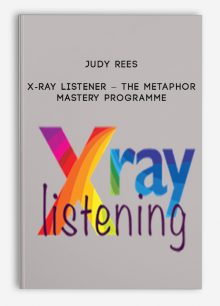 Judy Rees - X-Ray Listener - The Metaphor Mastery Programme
Judy Rees - X-Ray Listener - The Metaphor Mastery Programme 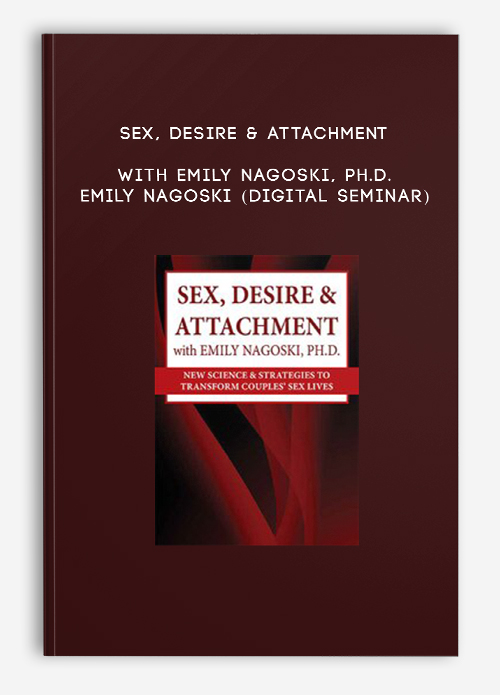
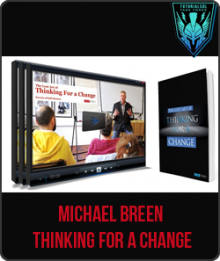

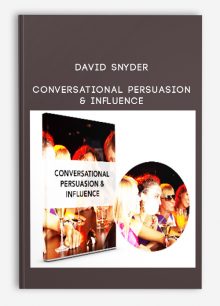
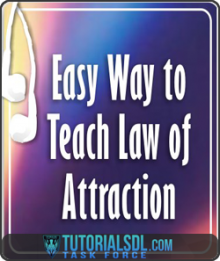
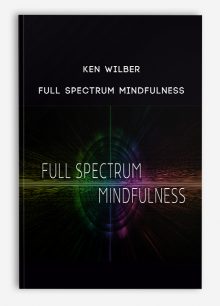

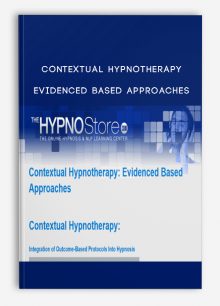
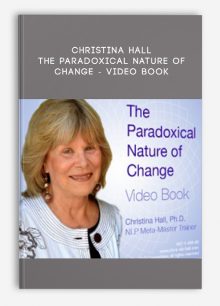
king –
We encourage you to check Content Proof carefully before paying.
“Excepted” these contents: “Online coaching, Software, Facebook group, Skype and Email support from Author.”
If you have enough money and feel good. We encourage you to buy this product from the original Author to get full other “Excepted” contents from them.
Thank you!